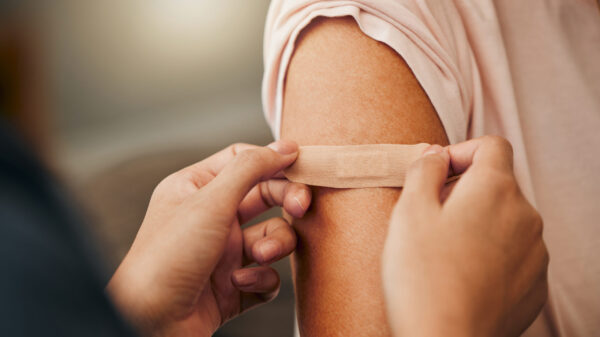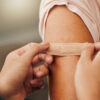Alabama has recorded its first measles case in more than 20 years, the Alabama Department of Public Health confirmed Monday. The patient is a child younger than five from north Alabama who became ill after traveling outside the United States.
Health officials at the ADPH stated that the child had not received a measles vaccine. The child is not enrolled in daycare or school, and medical providers involved in the case have already been notified. The child’s siblings were vaccinated and have shown no symptoms, according to the ADPH.
It is the first confirmed case of measles in the state since 2002. Vaccination rates in Alabama have been slipping in recent years, with 93.8 percent of kindergartners vaccinated against measles, mumps and rubella in 2023-24, just shy of the 95 percent coverage the Centers for Disease Control and Prevention considers necessary to protect against outbreaks.
Dr. Karen Landers, ADPH’s chief medical officer, warned about the risks to children who are not immunized, explaining how the illness typically develops.
“Measles follows a pattern in which the child first develops fever, cough, runny nose, and watery/red eyes, then a rash develops. Persons can start spreading the virus up to four days before symptoms appear, and those with weak immune systems can spread the measles virus longer.”
Measles is a respiratory virus spread through droplets released when an infected person coughs or sneezes. Symptoms usually appear within one to two weeks of exposure, and the disease can lead to serious complications, including pneumonia, ear infections or encephalitis.
If exposed, unvaccinated people have a 90 percent chance of becoming infected, and infected people can spread the disease several days before becoming symptomatic.
There is no specific antiviral treatment, though fluids, rest and fever-reducing medications can help manage symptoms.
The best protection remains vaccination. Most children receive measles protection through the MMR vaccine, given between 12 and 15 months of age, with a second dose at ages 4 to 6. ADPH notes the vaccine is about 99 percent effective after the second shot.
Nationally, measles is surging. The CDC reports 1,375 cases across the United States so far this year, the most in more than three decades.
Vaccines are available at pediatricians’ offices or county health departments. According to the ADPH, getting the MMR vaccine is safer than getting measles.




















































